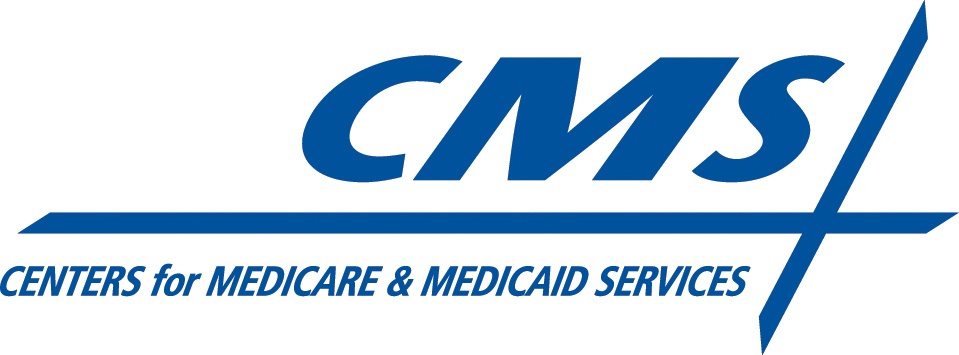 EMTALA (the Emergency Medical Treatment and Active Labor Act) was passed by Congress in 1986. The purpose behind the law was to ease the burden of public or so called charity hospitals from having to treat indigent patients because other hospitals refused to treat such patients due to their inability to pay. EMTALA is a non-discrimination law rather than a law establishing standards of care. The scope of the law is very limited. A hospital’s obligation is to (1) provide an appropriate screening to determine whether an emergency condition exits and (2) if there is an emergency condition the facility cannot transfer a patient until the patient is stabilized or if other conditions of law are met.
EMTALA (the Emergency Medical Treatment and Active Labor Act) was passed by Congress in 1986. The purpose behind the law was to ease the burden of public or so called charity hospitals from having to treat indigent patients because other hospitals refused to treat such patients due to their inability to pay. EMTALA is a non-discrimination law rather than a law establishing standards of care. The scope of the law is very limited. A hospital’s obligation is to (1) provide an appropriate screening to determine whether an emergency condition exits and (2) if there is an emergency condition the facility cannot transfer a patient until the patient is stabilized or if other conditions of law are met.
A physician’s obligation under EMTALA essentially compels a physician who is on call to go to the hospital’s emergency department and to examine and treat a patient as necessary to satisfy the hospital’s screen and stabilize duty. Contrary to what some hospitals claim (and what some medical staffs decide), there is no obligation under EMTALA to see or treat a patient in a physician’s office. A positive or negative outcome has no bearing on the issue of EMTALA compliance. The futility of providing treatment to screen and stabilize is no defense to an EMTALA violation claim. Physicians who fail to comply with EMTALA can expect an investigation from the Office of Inspector General (OIG) of HHS and can face a civil monetary penalty of up to $50,000. Physicians who are found not to comply with EMTALA often face regulatory action (licensing board) and medical malpractice suits.
- Medical Screening Examination (MSE) Requirement
42 USC §1395dd (a) requires a hospital to provide for an appropriate screening examination within the capability of the hospital’s emergency department, including ancillary services routinely available to the emergency department, to determine whether or not an emergency medical condition exists. The law proscribes the basic elements of an appropriate MSE, but does not go so far as to dictate the clinical particulars that must be implemented.
- Stabilizing Treatment Requirement
Subsection (b) provides in pertinent part:
…the hospital must provide either –
(A) within the staff and facilities available at the hospital, such further medical examination and such treatment as may be required to stabilize the medical condition, or
(B) for transfer of the individual to another medical facility in accordance with subsection (c).
Under subsection (c) a patient who has not been stabilized may be transferred only if the individual (or his/her representative) understands the risk involved with the transfer and requests in writing transfer to another medical facility and a physician has a signed certification that based on the information available at the time of the transfer, the medical benefits reasonably expected from the provision of appropriate medical treatment at another facility outweigh the increased risks to the individual…
The terms “to stabilize” and “stabilized” are defined in Subsection (e), but are subjective or situational in nature. The definition depends on the risks associated with the transfer and requires the transferring physician faced with an emergency to make a fast on-the-spot risk analysis. Federal Appeals courts have supported the position that “stabilize” for the purposes of transfer is a relative concept that depends on the situation.
- The Transfer
Under subsection (c) of the law, a patient who has not been stabilized cannot be transferred unless there is a signed certification based on the information available at the time of transfer, the medical benefits reasonably outweigh the risk to the individual from effecting the transfer and only if the receiving facility has agreed to accept transfer of the individual and to provide appropriate medical treatment. Only unstable patients require a certification and consent of the receiving hospital. A patient who has been stabilized in the emergency room of the transferring hospital may be transferred to a receiving hospital without a certification and without an express written agreement of the receiving hospital. Stabilized patients may be transferred without any such limitation.
Conclusion
Medical staffs must be completely aware of EMTALA’s provisions to (1) ensure their members comply, and (2) have meaningful dialogue with hospital administrations, whose business objectives may conflict to some extent with those of the medical staff members. Physicians who are accused of EMTALA violations, either at the medical staff level, or as a result of an OIG investigation, need prompt and thorough guidance.
 information technology under various Medicare and Medicaid payment regimes, including delaying for at least a year a requirement for the direct, electronic reporting of physician quality data as part of the meaningful use requirements of the electronic health-record incentive payment program under the American Recovery and Reinvestment Act of 2009.
information technology under various Medicare and Medicaid payment regimes, including delaying for at least a year a requirement for the direct, electronic reporting of physician quality data as part of the meaningful use requirements of the electronic health-record incentive payment program under the American Recovery and Reinvestment Act of 2009.












